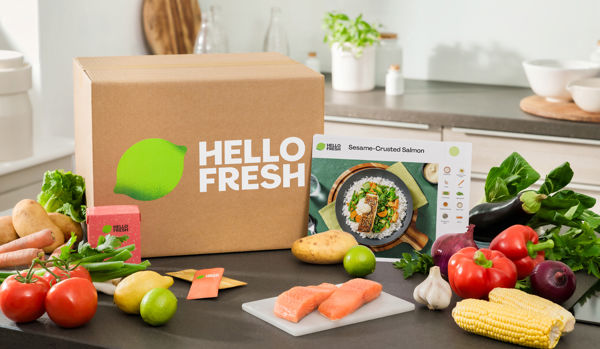Pregnancy myth:
I need to ‘eat for two’ and double my calorie intake.
There is a common misconception that women should be ‘eating for two’ during pregnancy leading people to believe they need to double the amount of calories they consume. A survey in 2017 by the National Charity Partnership found that many women report pressure from others to be eating more unhealthy foods and larger meals, 25% of pregnant women said they use the myth as an ‘excuse’ to eat unhealthy snacks and meals all the time and 7 out of 10 pregnant women didn’t know how many extra calories to consume during pregnancy.
Your energy needs do not change in the first 6 months of pregnancy. Our bodies are incredibly clever and adapt to cope with the extra demands of pregnancy - your metabolism changes to help your body hold onto the nutrition you eat and ensure that it is able to nourish both you and the baby.
Only in the third trimester, the last 3 months of pregnancy, is it recommended to increase your calorie intake by around 200 calories per day which is the equivalent of:
- a small bowl of cereal
- peanut butter on toast
- a bowl of fruit and yoghurt
- ½ an avocado
- 2 x small bananas
It is important not to aim to overeat during pregnancy to help outcomes for both you and your baby. Too much weight gain during pregnancy could lead to an increased risk of gestational diabetes, high blood pressure and pre-eclampsia.
However, remember that eating delicious meals and snacks is one of life’s greatest pleasures and you should focus on including a wide range of nutritious tasty foods into your diet. Pregnancy is not the time to diet, therefore don’t go hungry or skip meals. In general try and limit foods higher in fat and sugar but don’t feel guilty if you eat the occasional treat. We should honour our hunger cues and appreciate that our appetite is higher on some days and lower on others, you know your body better than anyone else!
References:
B Thomas, J Bishop. Manual of Dietetic Practice (2011) 4th Edition. Blackwell publishing. Chapter 3.1, Pregnancy
National Health Service (NHS) [Internet]. Burnley, UK: Department of Health. https://www.nhs.uk/start4life/pregnancy/healthy-eating-pregnancy/ Accessed July 2020
NICE (2010) Weight management before, during and after pregnancy. Public health guideline 27. Available at: https://www.nice.org.uk/guidance/ph27/chapter/1-Recommendations#recommendation-2-pregnant-women Accessed July 2020.
BDA (2019) Pregnancy & Diet. British Dietetic Association Food Fact sheet. Available at https://www.bda.uk.com/resource/pregnancy-diet.html. Accessed July 2020
RCOG (2017) ‘Eating for two’ pregnancy myth still risks harming mothers and their babies despite best intentions. Available at:
https://www.rcog.org.uk/en/news/eating-for-two-pregnancy-myth-still-risks-harming-mothers-and-their-babies-despite-best-intentions/ Accessed July 2020.







